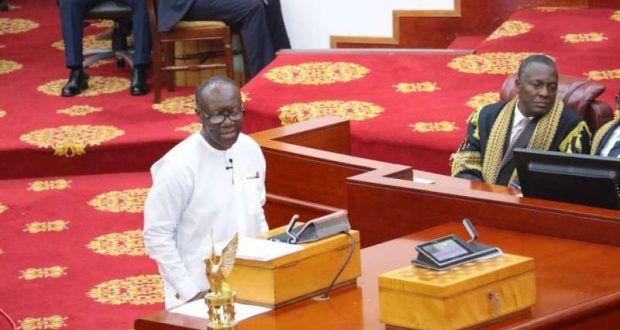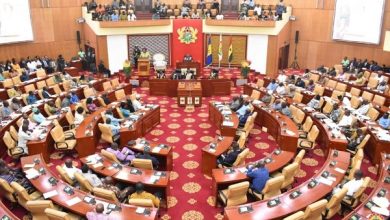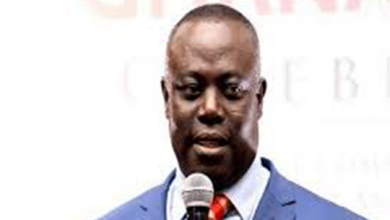
Finance Minister Mr. Ken Ofori Atta will today [Wednesday], November 15, 2017, present the 2018 budget to lawmakers.
The budget will be second the for the Akufo-Addo administration since it took over the administration of the country in January 2016.
The budget is expected to focus on about 10 key areas including infrastructure, macroeconomic stability, job creation, agriculture, entrepreneurship, business growth, creating a Ghana beyond aid, debt management, corruption, public sector reforms among others, and a continuation of the 2017 budget initiatives.
It will also focus mainly on tax reforms, by specifically roping in many people in the informal sector into the tax net,
Taxes
The budget is expected to be heavy on initiatives to be introduced by government to block loopholes and rope in the informal sector into Ghana’s tax net.
Currently, the Ghana Revenue Authority (GRA) has 1.2 million taxpayers in its database out of which 200,000 are from the informal sector.
Meanwhile, Ghana as at 2015 had a tax paying population of 4 million, of which at the time only half of that figure were paying taxes.
A number of policies will be introduced to deal with this, including the introduction of the tax stamp, the use of Point of Sale (POS) devices to track all taxes issued, as well as strict adherence to the use of the Taxpayer Identification Numbers (TIN).
Also, there will be the prosecution of public sector workers whose actions lead to tax evasion.
One of the taxes which will see major reform in the 2018 budget is the property tax. The tax, despite its potential is one that has been neglected by tax officials.
Its share of GDP in Ghana is 0.03 percent, compared to an average of 1.8 percent in Organization for Economic Cooperation and Development (OECD) member-countries.
Source: citi fm




